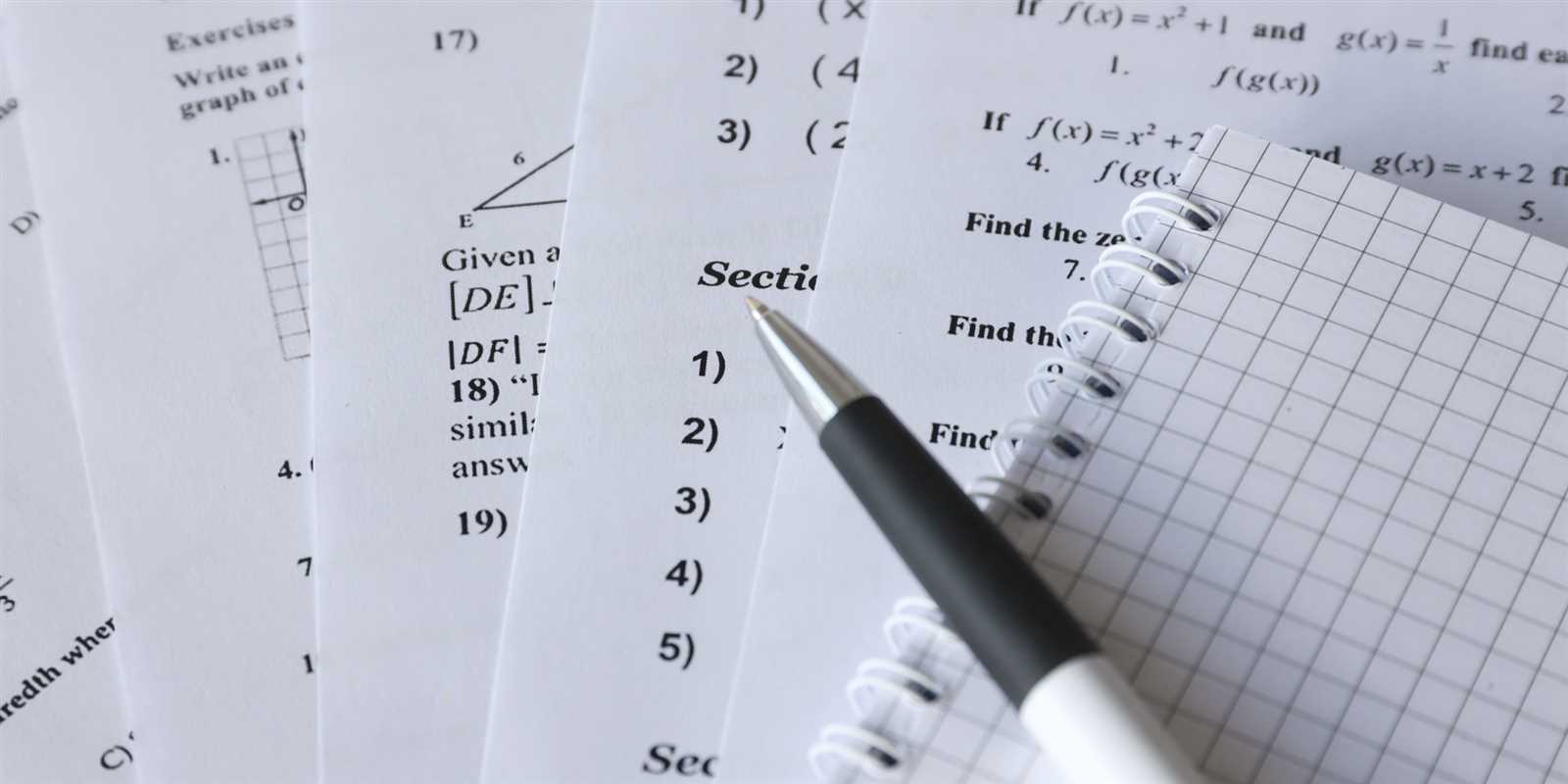
Effective preparation and the right mindset are key to performing well when faced with any kind of assessment. Understanding how to approach different types of questions can significantly improve your chances of success. Knowing how to manage time, reduce stress, and stay focused can make a noticeable difference in your results.
Developing a strategy for tackling questions is just as important as studying the material itself. A well-structured approach can help you navigate even the most challenging tasks with confidence. Whether it’s handling multiple-choice questions or writing detailed responses, practicing specific techniques will help you perform at your best.
In the following sections, we will explore various strategies, tips, and techniques to help you prepare and excel in assessments. With the right tools and mindset, you can turn every test into an opportunity for success.
How to Prepare for an Exam
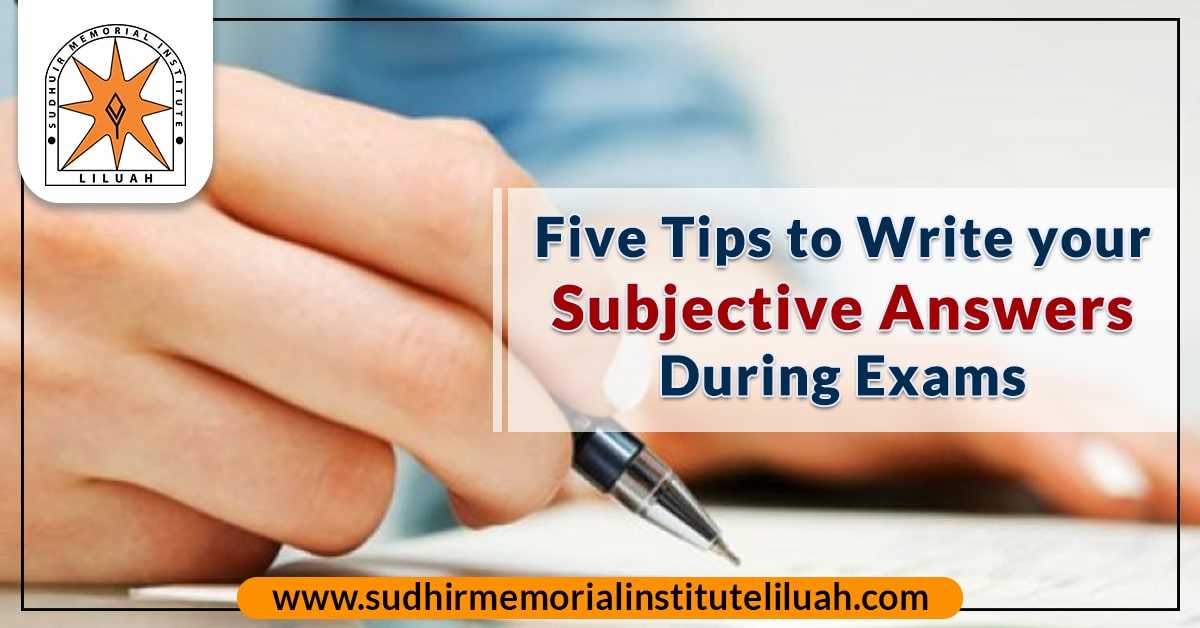
Effective preparation is the foundation of success when faced with any form of evaluation. It’s not just about memorizing facts but also about organizing your time and resources efficiently. A well-thought-out strategy will help you maximize your efforts and ensure you are fully ready for the challenge ahead.
Start with a Study Plan
The first step in preparing for any test is to create a structured study plan. This helps you allocate time wisely, ensuring that each topic gets the attention it deserves. Here’s how to build an effective plan:
- Set realistic goals: Break down your material into manageable chunks and set daily or weekly targets.
- Prioritize important topics: Focus more on areas that carry heavier weight or are harder to understand.
- Include regular breaks: Avoid burnout by scheduling short breaks between study sessions.
Utilize Different Study Techniques

Adapting various study methods can help reinforce your learning and keep you engaged. Experiment with different techniques to see what works best for you:
- Active recall: Test yourself frequently on the material you’ve studied instead of passively reading.
- Practice problems: Solving problems or completing sample questions will help you get used to the format.
- Mind mapping: Use diagrams or flowcharts to visually organize information and make complex concepts easier to remember.
By following these strategies and committing to consistent preparation, you’ll be well-equipped to tackle any upcoming assessments with confidence and clarity.
Understanding the Exam Format
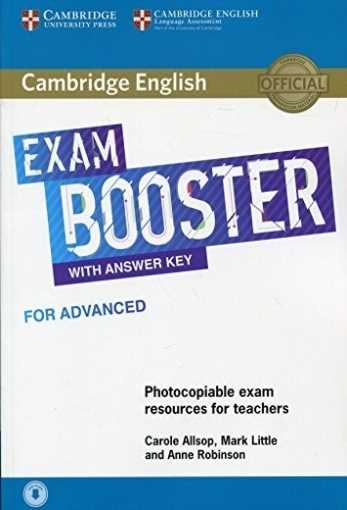
Familiarizing yourself with the structure of a test is a crucial step in effective preparation. Knowing what to expect in terms of question types, time constraints, and overall layout can help you strategize your approach and improve performance. The more you understand the format, the more confident you will feel when the time comes.
Different types of assessments may include multiple-choice questions, short answers, essays, or practical tasks, each requiring a unique approach. It’s important to identify these variations early so you can tailor your study methods accordingly. For example, solving practice problems will help with question formats that require quick recall, while essay-type sections may need more extensive preparation.
Time management is another essential factor. Knowing how much time you have for each section will guide you in pacing yourself. Whether it’s allocating a set amount of minutes for each question or deciding when to move on if you’re stuck, being aware of the timing helps you avoid unnecessary stress.
In addition to reviewing the types of tasks, make sure to check the instructions for any specific requirements, such as word limits for written responses or whether calculators or notes are allowed. This attention to detail ensures you’re fully prepared for the specific demands of the test.
Time Management Tips for Exams
Effective time management is essential when preparing for or taking any test. Managing your time well allows you to approach each section methodically, ensuring you have enough time to address every question and complete the test confidently. By planning ahead and using strategies during the assessment, you can make the most of the available time.
Prioritize and Plan
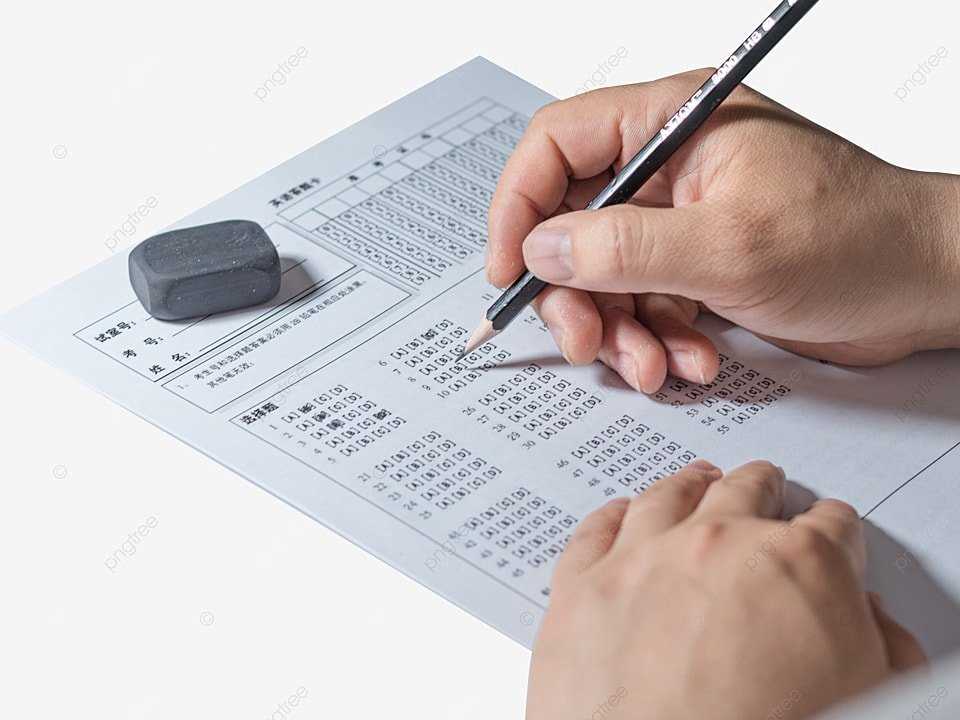
Before starting, review the entire assessment to get a sense of the structure. Allocate time based on the complexity and length of each section. By focusing more on challenging questions while leaving simpler ones for later, you can optimize your efforts. Here’s an example of how to break down your time:
| Section | Time Allocation | Strategy |
|---|---|---|
| Multiple-Choice Questions | 30 minutes | Quick review, skip difficult questions, return later |
| Short Answer Questions | 45 minutes | Answer the questions you’re confident about first |
| Essay or Long Response | 60 minutes | Allocate more time, structure your answer before writing |
Stay Flexible and Adapt
Sometimes, unexpected challenges may arise during the assessment. If you find yourself stuck on a question or section, don’t waste precious time. Move on to other tasks and return to the difficult ones later. Keeping track of your time ensures that you’re able to adjust and not miss out on easier sections.
By practicing these time management strategies, you will be better prepared to navigate any assessment with efficiency, reducing stress and improving your overall performance.
How to Analyze Exam Questions
Understanding the structure and intent behind each question is essential for performing well in any assessment. By breaking down the question carefully, you can identify what is being asked and how to approach it effectively. This not only saves time but also ensures that you provide the most relevant and accurate response.
Start by reading each question thoroughly. Pay close attention to key words or phrases that highlight the main point. For example, terms like “compare,” “explain,” or “discuss” indicate the type of response required. Understanding these subtle cues will guide you in tailoring your answer to meet the specific expectations.
Next, consider the scope of the question. Is it asking for a broad overview, or are you required to provide specific details? Breaking down the question into smaller components can also help. This ensures that no part of the question is overlooked, allowing you to address each aspect in your response.
By practicing these analytical techniques, you can ensure that you tackle each question with clarity and confidence, making your responses more focused and effective.
Effective Note-Taking Strategies
Taking organized and clear notes is a crucial step in retaining information and preparing for any assessment. The ability to capture key ideas quickly and structure them effectively can significantly improve your study process. By implementing the right strategies, you can create notes that will be easier to review and recall later on.
Choose the Right Method
There are several popular note-taking methods, each suited to different types of information and learning styles. Here are a few methods to consider:
- Cornell Method: Divide your page into sections for notes, key points, and a summary to encourage active review.
- Mind Mapping: Use visual diagrams to connect ideas, helping to see relationships between concepts.
- Outlining: Organize information hierarchically with main topics, subtopics, and supporting details.
Focus on Key Information
When taking notes, it’s important to focus on capturing the essential points rather than writing everything down. Use abbreviations, symbols, and shorthand to keep up with the material, and make sure to highlight key concepts that are likely to be tested. Some tips include:
- Highlight important terms and definitions.
- Underline main ideas or questions raised during the lesson.
- Write in short, concise phrases rather than full sentences.
By refining your note-taking process and using effective strategies, you can ensure that your study materials are well-organized and focused on the most important content, making review sessions more efficient and productive.
Techniques to Improve Memory Retention
Enhancing memory retention is essential for successfully recalling information when it’s needed. The ability to remember key facts, concepts, and details relies not only on repetition but also on employing effective strategies that promote long-term retention. By using certain techniques, you can improve your recall ability and ensure the information stays fresh in your mind.
Active Recall and Spaced Repetition
One of the most powerful techniques for improving memory retention is active recall. This involves testing yourself regularly on the material you’ve studied instead of simply rereading it. The act of retrieving information strengthens memory pathways, making it easier to remember later.
Spaced repetition complements active recall by spacing out review sessions over increasing intervals of time. This technique helps reinforce the material in your memory, preventing it from fading away too quickly. For example, review the material after one day, then after three days, and so on.
Mnemonic Devices and Visualization
Mnemonic devices are memory aids that help make information easier to recall. Techniques such as acronyms, rhymes, or visualization can be particularly effective. For instance, creating a vivid mental image of a concept or associating an idea with a familiar object or place can make it easier to recall when needed.
Visualization techniques engage your brain’s ability to create mental images, making abstract or complex information more concrete and memorable. By linking information to an image or story, you’re more likely to remember it during a review or test.
By integrating these techniques into your study routine, you’ll be able to significantly boost your memory retention, making it easier to recall the information when required.
Staying Calm During an Exam
Maintaining composure under pressure is essential for performing at your best during any form of assessment. Stress and anxiety can impair focus, making it more difficult to recall information or approach questions logically. By employing strategies to stay calm, you can improve both your mental clarity and overall performance.
Breathing Techniques
One of the simplest and most effective ways to calm your nerves is through controlled breathing. Taking slow, deep breaths can help regulate your heart rate and reduce feelings of anxiety. Try inhaling deeply for a count of four, holding your breath for a few seconds, and then exhaling slowly for a count of four. This technique can help you reset and regain focus when tension starts to build.
Positive Mindset and Visualization
Adopting a positive mindset before and during an assessment can make a significant difference. Remind yourself that you are prepared and capable of handling the task at hand. Visualization is another useful tool–imagine yourself successfully completing the assessment and handling each section with ease. This mental rehearsal can help you feel more confident and reduce nervousness.
By integrating these techniques into your preparation and approach, you can maintain a sense of calm, which will ultimately enhance your ability to perform well under pressure.
How to Prioritize Your Study Sessions
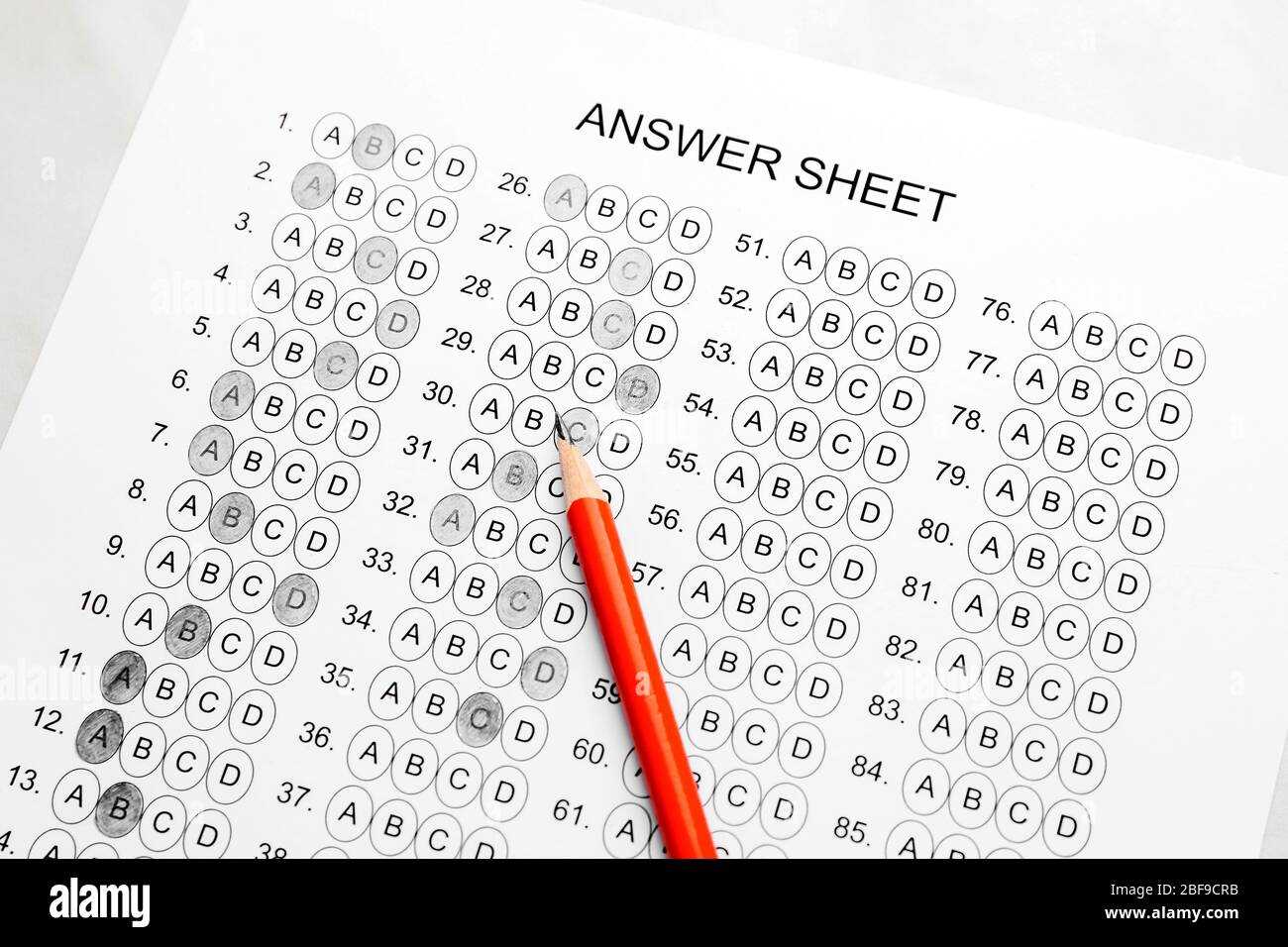
Efficiently managing your study time is key to retaining information and performing well during any assessment. By strategically prioritizing your study sessions, you can focus on the most important topics and ensure that you’re fully prepared. Effective prioritization helps you allocate the right amount of time to each subject based on its difficulty, importance, and your familiarity with the material.
Identify Key Topics
Start by identifying the areas that need the most attention. This can include subjects or concepts you’re less familiar with or those that have historically been more challenging. Consider the weight of each topic in the assessment and prioritize accordingly. To help with this, you can:
- Review past assessments or practice questions to identify frequently tested topics.
- Consult course materials or your instructor for guidance on the most crucial areas to focus on.
- Assess your own comfort level with each subject and prioritize harder or less familiar material first.
Create a Study Schedule
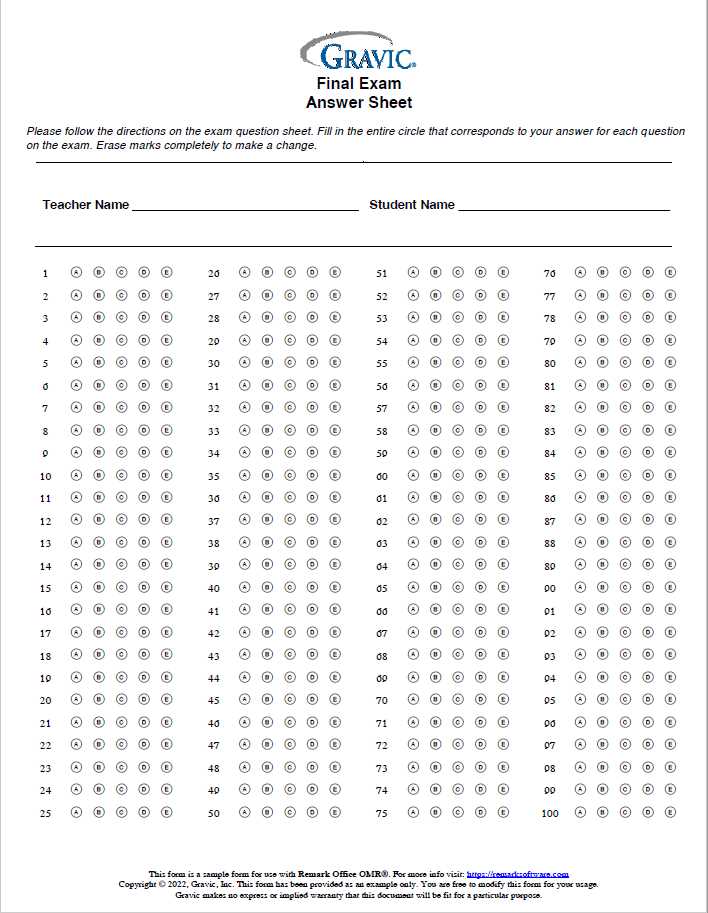
Once you’ve identified which topics require the most focus, create a study schedule that allows you to tackle them effectively. Ensure that you allocate more time to difficult topics while leaving some time for review of areas you’re more comfortable with. Here’s a sample approach:
- Begin with the hardest topics during your peak energy hours.
- Break your study time into focused intervals (e.g., 25-30 minutes) followed by short breaks.
- Incorporate regular review sessions to reinforce learning and retention.
By following these steps, you’ll be able to manage your study time efficiently and approach your preparation with a clear and focused plan.
Using Practice Exams for Better Results
Practicing with sample questions is one of the most effective ways to prepare for any type of assessment. By simulating the actual testing environment, you can familiarize yourself with the format, improve your time management, and identify areas that require further review. This proactive approach enhances your confidence and ensures you’re better equipped to tackle the real challenge.
Engaging in mock tests helps you understand the types of questions likely to appear and how to approach them. It allows you to refine your skills in problem-solving, recall, and applying knowledge under time pressure. Furthermore, practice assessments highlight any gaps in your understanding, giving you a targeted focus for your remaining study sessions.
Incorporating regular practice into your study plan not only boosts your test-taking skills but also reinforces the material, making it more likely that you will recall the information effectively during the actual assessment.
How to Avoid Common Mistakes
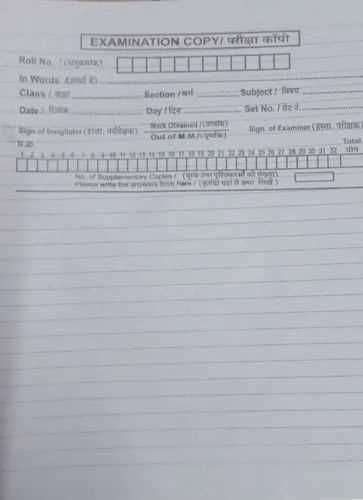
Making mistakes during assessments is a natural part of the learning process, but many errors can be avoided with careful preparation and attention to detail. By understanding the common pitfalls and taking steps to prevent them, you can improve your performance and reduce unnecessary stress. Avoiding these mistakes ensures that you demonstrate your knowledge more accurately and efficiently.
Rushing Through Questions
One of the most common mistakes is rushing through questions without fully understanding them. This can lead to misinterpretation, missed details, or incorrect answers. To avoid this, take the time to read each question carefully, ensuring you comprehend what’s being asked before responding. If you feel uncertain, pause for a moment to think through your answer before making a decision.
Neglecting to Review Your Work
Another mistake that many make is not leaving enough time to review their answers. Even if you feel confident in your responses, taking a few minutes to double-check your work can help catch any overlooked errors or inconsistencies. During your review, focus on ensuring all questions are answered, calculations are correct, and that you haven’t missed any important details.
By staying mindful of these common mistakes and implementing strategies to avoid them, you can approach any assessment with greater confidence and accuracy, ultimately improving your overall results.
Mastering Multiple Choice Questions

Multiple choice questions (MCQs) can often be tricky, requiring both knowledge and strategic thinking to navigate successfully. Mastering this question format involves understanding how to approach the options, eliminating incorrect answers, and selecting the most appropriate response based on your knowledge. With the right techniques, you can greatly improve your performance and tackle these questions with confidence.
Effective Strategies for Multiple Choice Questions
To excel at multiple choice questions, start by using the process of elimination. This allows you to narrow down the options and increase the likelihood of choosing the correct answer. Here are some helpful tips:
- Read all the options before making a choice to avoid jumping to conclusions.
- Eliminate obviously incorrect answers to improve your odds of choosing the right one.
- Look for clues in the question that can point to the correct answer, such as specific keywords or phrases.
- If two options are very similar, one of them is likely to be the correct choice.
Time Management During MCQs
Managing your time effectively while answering multiple choice questions is crucial. Spending too long on a single question can leave you with less time for the others. Follow these steps to ensure efficient time management:
- Quickly skim through all questions at the start to gauge their difficulty.
- Skip questions that are too time-consuming and return to them later if necessary.
- Allocate a specific amount of time for each question, and stick to it.
By using these strategies, you can significantly improve your chances of mastering multiple choice questions and ensure that your knowledge is effectively demonstrated.
Strategies for Essay-Type Questions
Essay-type questions require a different approach compared to other formats, as they assess your ability to express ideas clearly and organize your thoughts logically. To excel in writing essays, it’s important to develop a strategy that helps you address the prompt effectively, stay on topic, and present well-structured responses. With the right techniques, you can craft compelling and thoughtful essays that showcase your knowledge.
Planning Your Response
Before diving into writing, it’s crucial to plan your response. A well-thought-out plan ensures that your essay remains focused and coherent throughout. Consider the following steps:
- Read the question carefully and underline key terms or instructions.
- Take a few minutes to brainstorm ideas and outline your main points.
- Organize your thoughts logically, ensuring each paragraph addresses a specific aspect of the question.
Organizing Your Essay
Structuring your essay properly will make it easier to follow and more effective in conveying your message. Below is a simple guide to organizing your essay:
| Section | Content |
|---|---|
| Introduction | Introduce the main topic, restate the question in your own words, and provide a brief outline of your argument. |
| Body Paragraphs | Develop your argument with supporting evidence and examples, ensuring each paragraph is focused on one main idea. |
| Conclusion | Summarize the key points, restate your thesis, and offer a final perspective on the topic. |
By planning your response and structuring your essay clearly, you ensure that your ideas are effectively communicated, leaving a strong impression on the reader.
How to Review Before an Exam
Reviewing the material effectively before an assessment is key to reinforcing what you’ve learned and ensuring that you’re fully prepared. It’s essential to prioritize your study time and focus on the most critical areas while reinforcing foundational concepts. A structured review process can help you gain confidence, identify weak spots, and retain information more efficiently.
Effective Review Techniques
To make the most out of your review sessions, use a combination of strategies that cater to different learning styles. Below are some techniques that can improve your retention and understanding:
- Active recall: Test yourself on the material instead of just passively reading. This will help strengthen memory and improve long-term retention.
- Summarize key points: Create concise notes or mind maps to organize the most important concepts. This helps with clarity and focus during the review.
- Practice with mock tests: Simulate the testing environment by taking practice questions or completing previous assessments. This will help you get comfortable with the format.
- Teach someone else: Explaining the material to someone else forces you to break down complex ideas and solidifies your understanding.
Time Management During Review
Time management plays a significant role in the effectiveness of your review. Follow these tips to make your review sessions more productive:
- Start your review well in advance, giving yourself ample time to cover all the necessary material.
- Prioritize topics based on their importance and your comfort level with them.
- Set specific time blocks for each subject or topic to avoid feeling overwhelmed.
- Take regular breaks to maintain focus and avoid burnout.
By using these techniques and managing your time wisely, you’ll be better prepared to face any assessment with greater confidence and less stress.
What to Do on Exam Day
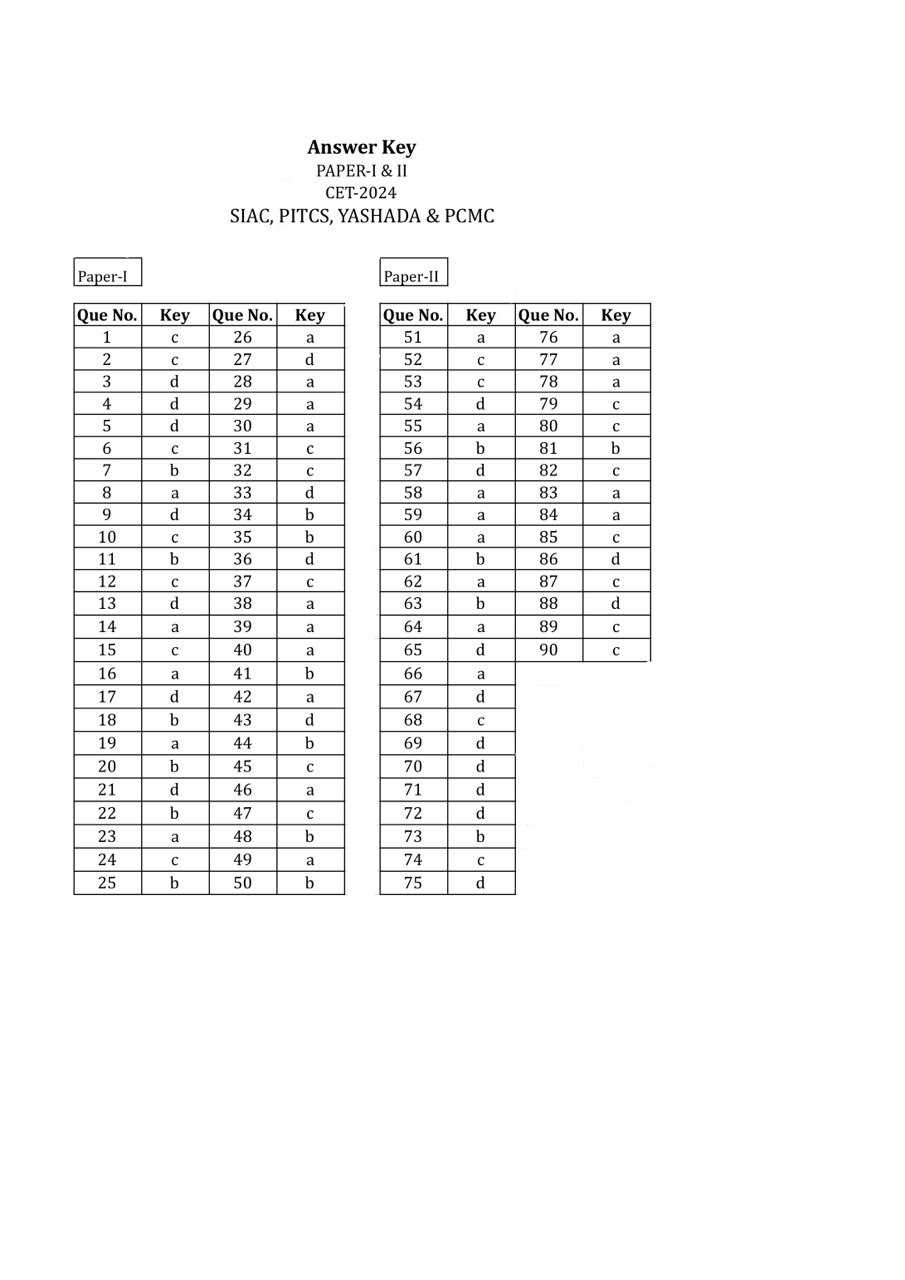
On the day of your assessment, it’s essential to stay calm and focused. How you prepare and manage your time on the day itself can greatly impact your performance. Taking the right steps before and during the test will help you stay organized, confident, and ready to give your best effort.
Preparation Before the Test
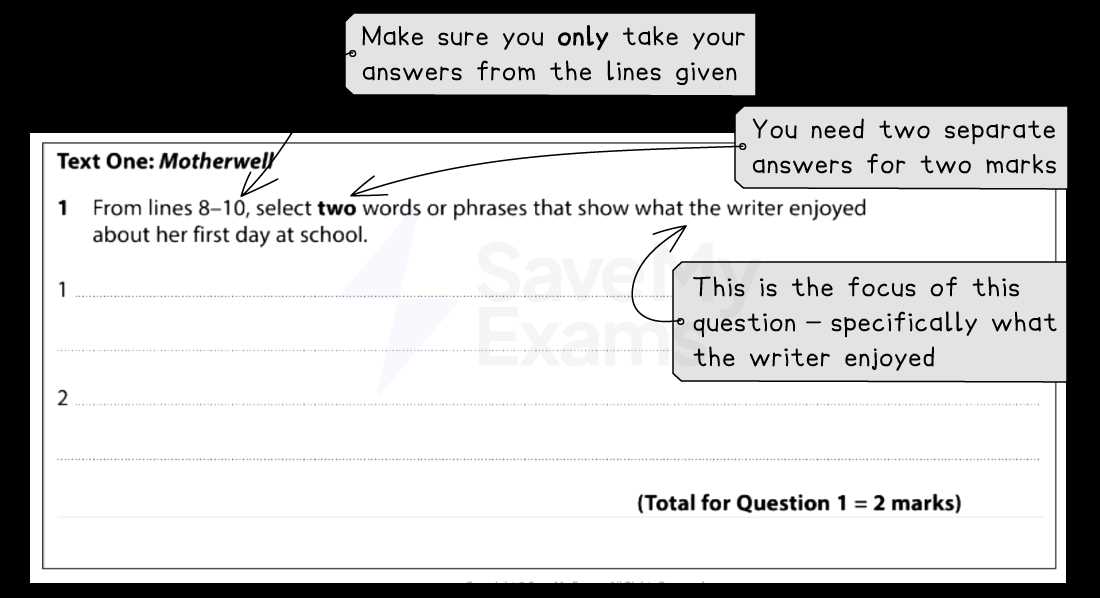
Here are some crucial steps to follow before the assessment begins to ensure you are in the right frame of mind:
| Action | Tips |
|---|---|
| Get plenty of rest | Sleep well the night before. Avoid staying up late to cram, as it can affect your concentration and energy levels. |
| Eat a nutritious meal | Have a healthy breakfast that includes protein, fruits, and whole grains to fuel your brain. |
| Arrive early | Arriving with enough time ensures you are not rushed and can settle in calmly. |
| Bring necessary materials | Ensure you have all required items, such as pens, pencils, a calculator, or any identification documents. |
During the Test
Once the test begins, staying focused and managing your time efficiently will help you work through the questions effectively. Here are a few strategies to keep in mind:
- Read instructions carefully: Take the time to understand the guidelines for each section before starting.
- Manage your time: Allocate a specific amount of time to each section based on its complexity and weight.
- Stay calm: If you feel stuck on a question, take a deep breath, skip it, and return to it later if needed.
- Review your work: If you finish early, use the remaining time to check your answers for mistakes or missed questions.
By staying prepared and calm, you can approach the assessment day with confidence and clarity, maximizing your chances of success.
Improving Speed and Accuracy
Enhancing both speed and accuracy during an assessment is crucial for optimal performance. Being able to solve questions quickly while maintaining precision can help you complete the test efficiently and without errors. Developing the right strategies and practicing regularly will allow you to find the balance between speed and carefulness, improving your overall results.
Strategies for Increasing Speed
Here are a few techniques to help you work faster without sacrificing the quality of your responses:
| Technique | Details |
|---|---|
| Practice under time constraints | Simulate timed practice sessions to help you get used to working quickly and efficiently under pressure. |
| Familiarize with question formats | Knowing the structure of the questions beforehand helps you to recognize what’s being asked and respond faster. |
| Prioritize easier questions | Start with the simpler questions that you know well to build confidence and save time for the more difficult ones. |
Improving Accuracy While Working Quickly
Speed is important, but accuracy should never be overlooked. Here’s how to maintain precision while increasing speed:
- Stay focused: Avoid distractions and keep your attention on each question to ensure you’re answering it correctly.
- Read questions thoroughly: Understanding the question properly before responding is key to accuracy.
- Check your work: If time allows, review your answers to catch any small errors that may have slipped through.
- Break complex questions into steps: If a question is complicated, break it down into smaller, more manageable parts to improve accuracy.
By consistently practicing these techniques and finding the right balance, you can improve both your speed and accuracy, leading to better results in any assessment.
How to Stay Motivated During Exam Prep
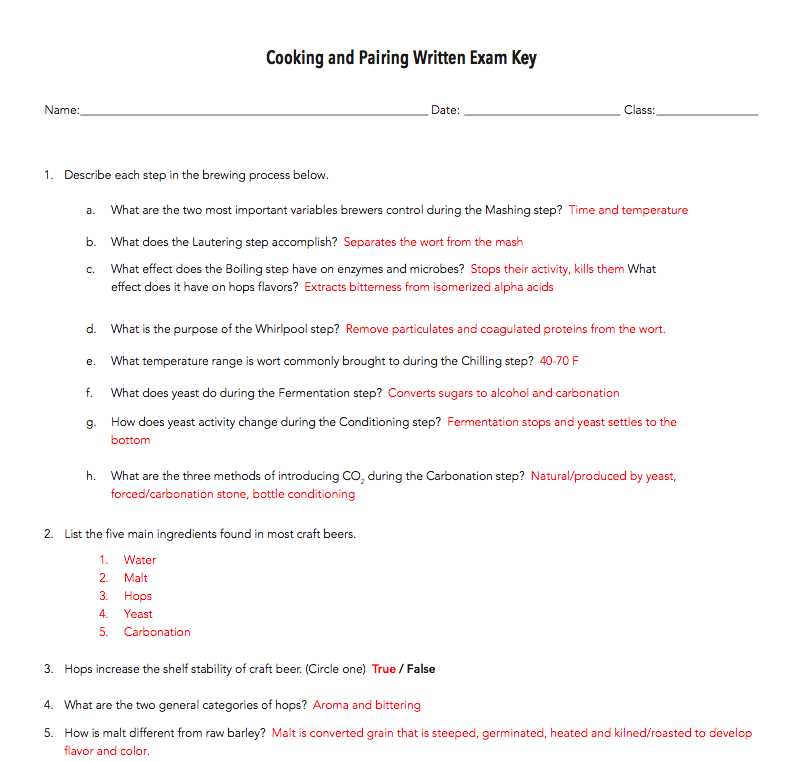
Staying motivated during a long period of preparation can be challenging, especially when faced with the pressure of upcoming assessments. However, maintaining a strong sense of motivation is key to staying on track and achieving success. By setting clear goals, staying organized, and keeping a positive mindset, you can power through the preparation process with focus and enthusiasm.
Setting Realistic Goals
Breaking down your study sessions into smaller, achievable tasks can keep your motivation high. When you set specific, measurable goals, such as mastering a particular topic or completing a set number of practice problems, you can track your progress and celebrate small wins along the way. This sense of accomplishment boosts your confidence and keeps you engaged.
- Set short-term goals: These should be tasks you can accomplish in one or two study sessions, like finishing a chapter or reviewing a specific concept.
- Establish long-term goals: Keep in mind your ultimate objective, such as excelling in the entire subject or achieving a target score.
Staying Organized and Positive
Effective organization helps prevent feelings of overwhelm and encourages consistent study habits. Create a study schedule that allocates specific times for each subject or topic. Additionally, don’t forget the importance of maintaining a positive mindset during your preparation. When faced with challenges, remind yourself that persistence and focus will eventually pay off.
- Use a planner: Keep track of your study sessions, deadlines, and breaks to ensure that you stay organized and on task.
- Visualize success: Imagine yourself succeeding, which can motivate you to push through tough moments.
Staying motivated is not just about pushing through the work, but also about maintaining balance, rewarding yourself, and reminding yourself why you’re preparing in the first place. By focusing on your goals and staying organized, you will make steady progress towards success.
Post-Exam Reflection for Improvement
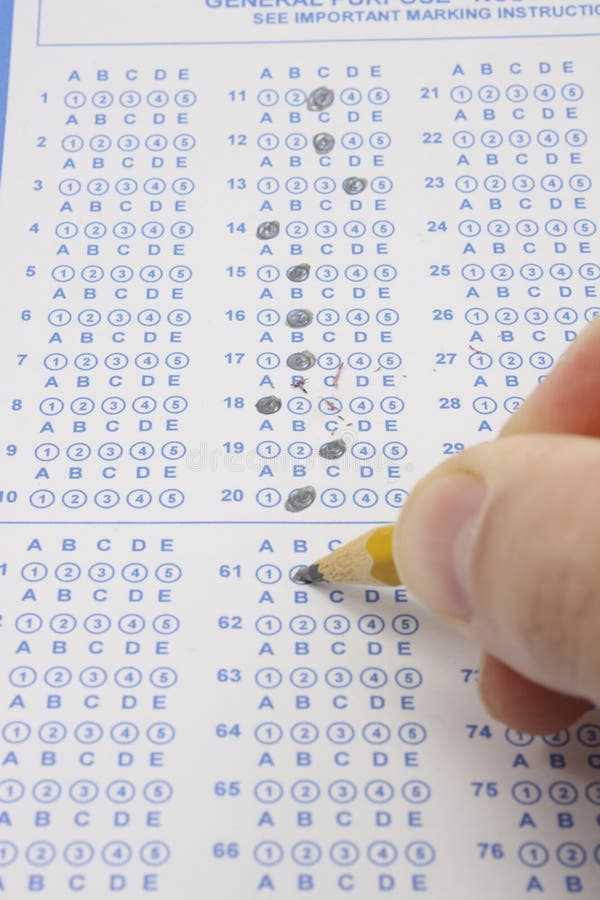
After completing an assessment, it’s important to take the time to reflect on your performance and identify areas for improvement. This process allows you to learn from the experience, gain insights into your strengths and weaknesses, and refine your strategies for future challenges. By analyzing your results and pinpointing where adjustments can be made, you set yourself up for continued progress.
Reviewing Your Performance
Start by carefully reviewing the work you’ve completed. Look at which sections or questions were most challenging and why. Did you run out of time? Were there concepts you didn’t fully grasp? This kind of analysis helps you understand where to focus your efforts moving forward.
- Identify common mistakes: Take note of any recurring errors, whether they’re due to misunderstanding, misreading questions, or lack of preparation.
- Time management: Reflect on whether you managed your time effectively or if you struggled to complete tasks within the allotted period.
Making Adjustments for Future Preparation
Once you’ve reviewed your performance, think about how you can improve your study methods and test-taking strategies. Whether it’s adjusting your approach to specific topics or refining your time management skills, applying the lessons learned will help you achieve better results next time.
- Modify study techniques: If certain study methods didn’t work well, experiment with different approaches, like active recall or spaced repetition.
- Practice under time pressure: Simulating real test conditions can help improve both your speed and accuracy during actual assessments.
Post-assessment reflection isn’t just about evaluating your performance; it’s about using those insights to refine your strategies, boost your confidence, and ensure that you are continuously improving. With each reflection, you grow stronger in your approach and more prepared for future challenges.